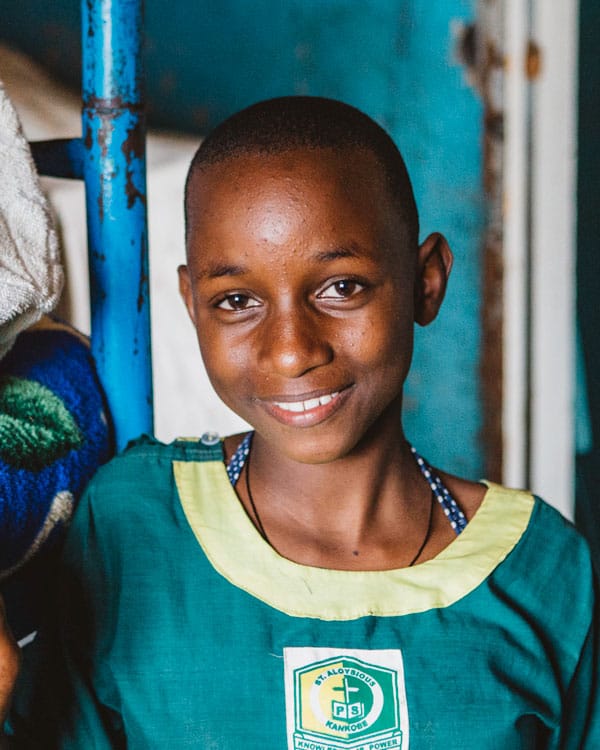Sustainability. It’s a word that is increasing in popularity the past decade or so. Rather than just “living in the now,” people are starting to think about how they can make their actions today more sustainable for the future. This is the basis for the eco-friendly movement. Donors are also increasingly looking to put their money towards causes that will stretch their dollar farther by having a sustainable impact. But the concept of sustainability isn’t new. In fact, it’s been around for centuries, perhaps as long as humans have been in existence.
Let’s take a look at the concept of sustainability in this week’s Weekend Word.
sus·tain·abil·i·ty
sə-stā-nə-ˈbi-lə-tē
noun
- the ability to be sustained, supported, upheld, or confirmed.
- Environmental science. The quality of not being harmful to the environment or depleting natural resources, and thereby supporting long-term ecological balance.
This old Greek proverb sums up sustainability perfectly.
“A society grows great when old men plant trees whose shade they know they will never sit in.”
Whether it’s protecting the environment, supporting a cause or making a business move. The best decisions are those that will have a positive impact for years to come, long after we are gone.
Think about it in terms of family generations. Many parents dream that their children will grow up to prosper more than they did. That each generation thrives more than the one prior: achieving generational growth. But how do we accomplish this? Through education first and foremost. Education is at the core of sustainability.
It is important to be educated on what our ancestors did in the past so that we may learn from their mistakes and successes. It’s also important to receive a traditional education on topics relevant to the modern world. If one never learned how to speak, read, write, perform a vocation, etc. they would never be able to provide for themselves, much less work towards a sustainable future for them, their families and the world.
Ecologically speaking, it takes educated scientists to explore and learn about the world around us, and the impact our actions today have on tomorrow. It’s through the understanding they develop, and their educating the public, that we are able to learn the best practices that contribute to global sustainability.
The students at our schools are getting a first-hand experience at creating a sustainable future for themselves and their future families. Through receiving a traditional or vocational education, they are arming themselves with an important resource that will not only help them grow, but remain self-sufficient. The education they receive today helps them create a sustainable future, able to obtain a job and earn money to support themselves and their future families.
Whether it’s personal, generational, or global sustainability you seek – education is that crucial first step to making sustainability a reality.
Cristen

